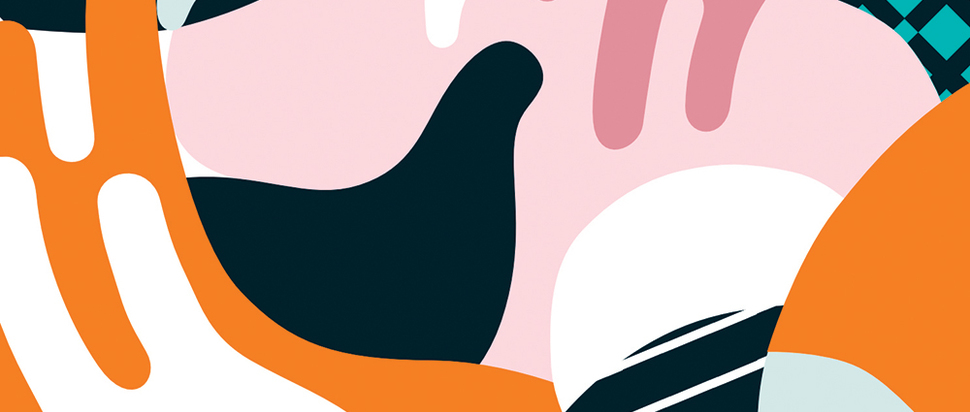How the internet revolutionised communication for autistic people
The internet has been radical for creating safe online spaces for autistic people. As we increasingly rely on the internet during COVID-19, one writer explores what we can learn from online, neurodiverse communities
For those on the autistic spectrum like me, the internet has provided something radical: neurodiverse spaces and ways of communicating that help us better navigate and develop friendships and communities. The online world is our braille through which we can speak and connect with other autistic people as well as the neurotypical world without the issues our disabilities can cause for us during offline interactions. Instead of struggling to communicate verbally or read expressions or intentions, we can show our real selves in unique and neurodiverse ways online. From conversations on forums to social media, we set our own pace without the need for face-to-face interactions unless we consent.
Pre-internet, autistic people often faced the isolation and hostility of the neurotypical world alone. If we did not try to learn or just couldn’t learn to be 'normal,' then we were shunned or worse. Nonverbal autistic people faced total isolation. But the internet has liberated autistic people. We can attempt to learn communications skills in an easier medium and for some nonverbal autistic people, it’s given them the ability to communicate at all.
Autistic millennials and Gen Z are the first generations to grow up with the internet as a means of autistic communication, community and connection. We are so lucky. It was even a lifeline for me during my teens. An eating disorder, mental illness and suicidal thoughts due to bullying meant that I spent time in adolescent psychiatric wards for a few months when I was 15. When I got out and returned to school, I felt friendless and totally alone. But the internet gave me something to live for. I avoided MSN as it was too tied to real school cliques but online forums, MySpace, DeviantArt and, eventually, Tumblr helped me connect with other autistic people and likeminded folk who loved the same bands and books. I became a confident and articulate version of myself, able to discard the mask I felt the need to wear at school where my communication difficulties were painfully visible.
Many have noted that the internet has given autistic people a level playing field for communication and enabled autistic communities and spaces to emerge. This has been instrumental for rising autistic advocacy and activism online as part of the disabled rights movement. We can speak back to those who have tried to control and 'fix' us. Through such activism, I have learned to feel proud about being autistic.
But the internet has caused problems for autistic people too. Being online has enabled us to form neurodiverse spaces that exclude the neurotypical world and its ableism. While this provides individual and collective feelings of safety and security it can also risk isolating ourselves and the effects our wider activism can have on the way society actually treats autism. It can even stop us as individuals trying to learn neurotypical social skills and nuances of communication at all. Instead, we can form easier internet friendships without the troubles of real life.
I relied on online spaces when I was younger, but now I recognise that learning to socialise and read behaviour better through real life communication might have helped me see that a friend in art class who wanted to be friends immediately was dangerous. At 16, I did not have those tools and I ended up in an abusive relationship. I was unable to understand why they would compulsively lie, gaslight me or say they love me if they didn’t. I had found shelter online but it made me unprepared for the dangers of the real neurotypical world.
I found true friends at university. Not people forced together at school but kindred spirits who both shared ideals and interests but also differ in amazing ways. Every one of these friendships is more important than anything I experienced online. It has taken me a decade to learn the nuances of socialising but through interactions in the real world, I’ve slowly done it.
Ultimately, the internet has given autistic people like me a vital space and voice. Now we need to use our voices in the real world to make it better. COVID-19 has changed how we’re using the internet as most of us are now dependent on our computers for maintaining friendships and undertaking work and education.
Neurotypical people are finding themselves part of an unfamiliar social landscape, like autistic people face every day. Meetings, classes and just chatting on video is unexpectedly draining and the simple act of seeing your face constantly as you talk can be stressful. Everyone, including autistic people, is struggling with this. We need to come together online to understand one another right now, to make both the online and offline world inclusive as we move forward. If we do, then maybe we can make spaces beyond our screens truly neurodiverse.
